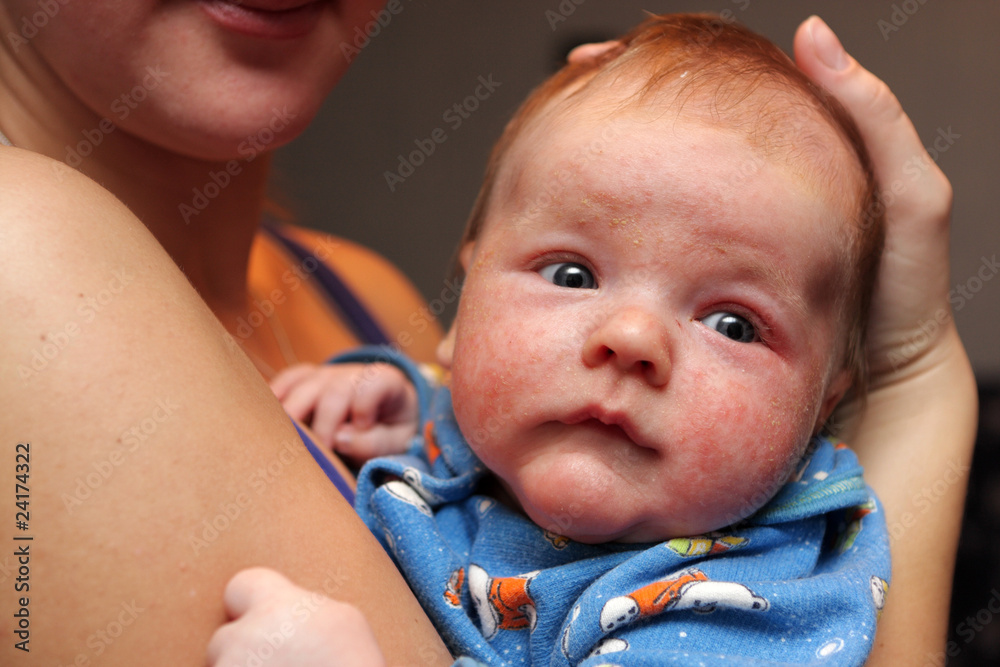Managing eczema in young children: advice from Childhealthy
At Childhealthy we often meet parents who are concerned about their child's eczema. Eczema, or atopic dermatitis, is a common condition in children, leading to dry, itchy, and inflamed skin. While it can be distressing to see your child uncomfortable, there are effective strategies to manage this condition.
Understanding eczema
Eczema is thought to be driven by a combination of genetic and environmental factors, leading to an overactive immune response in the skin. Symptoms include red, itchy patches, which can sometimes ooze and crust. Managing eczema is not only about treating these symptoms but also about preventing flare-ups.

Daily skincare routine
Maintaining a regular skincare routine is important when managing eczema. This involves using emollients daily, even when the skin looks clear, to keep it moisturised. Bathing in lukewarm water and avoiding perfumed soaps can also prevent skin irritation.
Identifying and avoiding triggers
Each child's eczema triggers can be different. Common triggers include sweat, certain fabrics, allergens, soaps and infections. By identifying and minimising exposure to these triggers, you can help reduce the frequency and severity of eczema flare-ups.
Treatment options
When flare-ups do occur, topical corticosteroids are often prescribed to reduce inflammation and itching. These topical treatments are safe and effective, and it is really important to get advice from your doctor about the best type of treatment.
Eczema management: top 5 tips
- Moisturise daily: keeping your child's skin moisturised is key to managing eczema. Use fragrance-free, hypoallergenic moisturisers.
- Identify triggers: pay attention to and avoid known triggers that may worsen your child's eczema, such as certain fabrics, soaps, and foods.
- Gentle skincare: use gentle, non-irritating skincare products and avoid hot baths, which can dry out sensitive skin.
- Dress appropriately: choose soft, breathable clothing for your child to prevent irritation and overheating, which can flare eczema.
- Seek professional advice: regularly consult with a healthcare provider to monitor your child's condition and adjust treatment plans as needed.
The importance of a supportive environment
Living with eczema can be challenging for children and their families. Emotional support and understanding are vital. Educating those around your child about the condition can foster a supportive environment.
Click here to read our other articles on Eczema: https://childhealthy.co.uk/?s=eczema
Sources:
- NHS website: offers comprehensive guidelines on eczema management in children.
- National eczema society: provides resources for families dealing with eczema.
Disclaimer: Information contained in this article is intended as general advice and does not replace a medical assessment. If you are concerned about your child's eczema, please contact your doctor for advice.
Related articles
Book your appointment
Clinic, remote appointments and home visits are available daily.
We can always find a time to suit you, so please do ask if you are having difficulty finding a suitable time.




